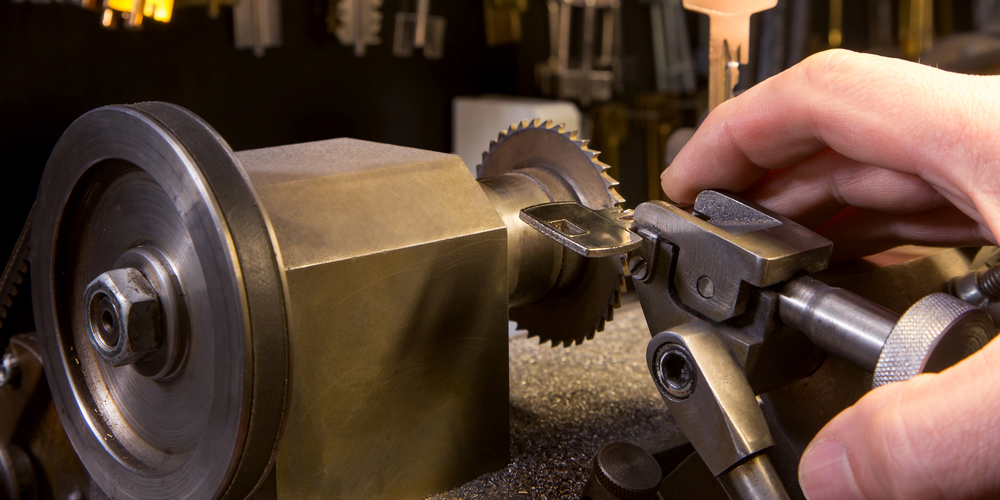How Can I Prepare Myself to Be a Certified Painter?
- By : Edward
- Date :

If you have artistic inclination and are fascinated by colours and paints, a career as a professional painter is waiting for you. Like they say the best job is one where you get to do what you like. And that holds true even for certified professional painters in the UK.
Provided that you are one in them, here we are tracking the journey of a good painter in the UK.
1. I like to take it up as career. But is it viable financially?
As per a research by Construction Skills Network research, 111,080 painter and decorators are required every year from 2017 to 2021. North West region will create the most jobs followed by Wales, East England, Scotland, South West and Northern Ireland. Assuming that you belong to any of these regions, you have one more reason to try your luck in this field.
2. So what do I do as a painter?
A painter decorates and protects surfaces (walls, ceilings etc.) by preparing and applying paint, wallpaper and other finishes on it.
3. Entry requirement
There are 3 ways you can enter this sector:
- Get someone who is already working as a painter and tag him along. Be the helper or assistant he is looking for and voila you are learning on the job. If you are good enough, who knows he might start paying you.
- Second route to enter this profession is via apprenticeship. It’s a more formal training than the first and you’ll be paid more often than not.
- The best option, if you can get it, is to take a college course in basic painting and decorating. Armed with a professional certificate, it’ll be a cakewalk to get a full time job, or a position of a trainee, straightaway.
Irrespective of which route you opt for, you’ll need a CSCS card to work on most building sites. In fact, without the card you’ll not be recognized as skilled house painter or whatever painting trade you chose.
4. Working hours, patterns and environment
The industry standard is 35 to 40 hour a week but you may have to put in more hours if the work is unfinished or deadlines are strict. Some of the work will involve working at height from ladders, scaffolding or a safety cradle. So be responsible to your well-being and wear protective gears throughout.
5. Career path and progression
- You start out as a trainee and soon will develop into a full-fledged skilled painter. Add experience and skills to your CV and who knows you might be supervising a team of painters either in a company or in a start up of your own. Some of the specialist techniques you can learn are: applying decorative paint finishes such as stencils, colour glaze, graining, marbling and lettering.
- It’s also a good idea to diversify your skills and specialize in areas such as interior, set design, contract management, estimating or apprentice training.
- One thing is for sure though, the more skill-set you acquire the more successful you become.
6. So how much am I supposed to earn as a painter?
Your salary depends on the hours you put in, the location you work in and the employer you work for. Larger the city, bigger the company, higher the salary!
To just give you an idea, here is what an average painter makes at various stages of his career:
- Newly trained painter: £12,000 – £15,000
- Experience painter: £18,000 – £25,000
- Highly skilled and experienced painter: £25,000 – £29,000
Are you a certified painter looking to get a well-paying job or contract? Check out Bag a Builder today – an online repository of hundreds of attractive jobs in construction.








